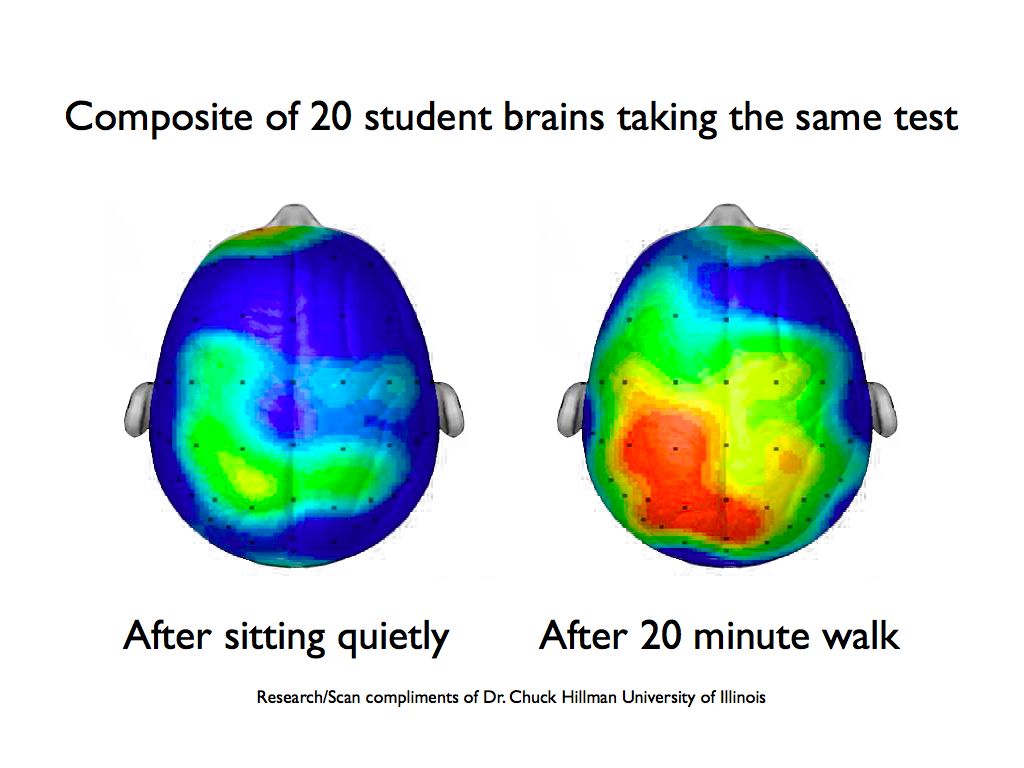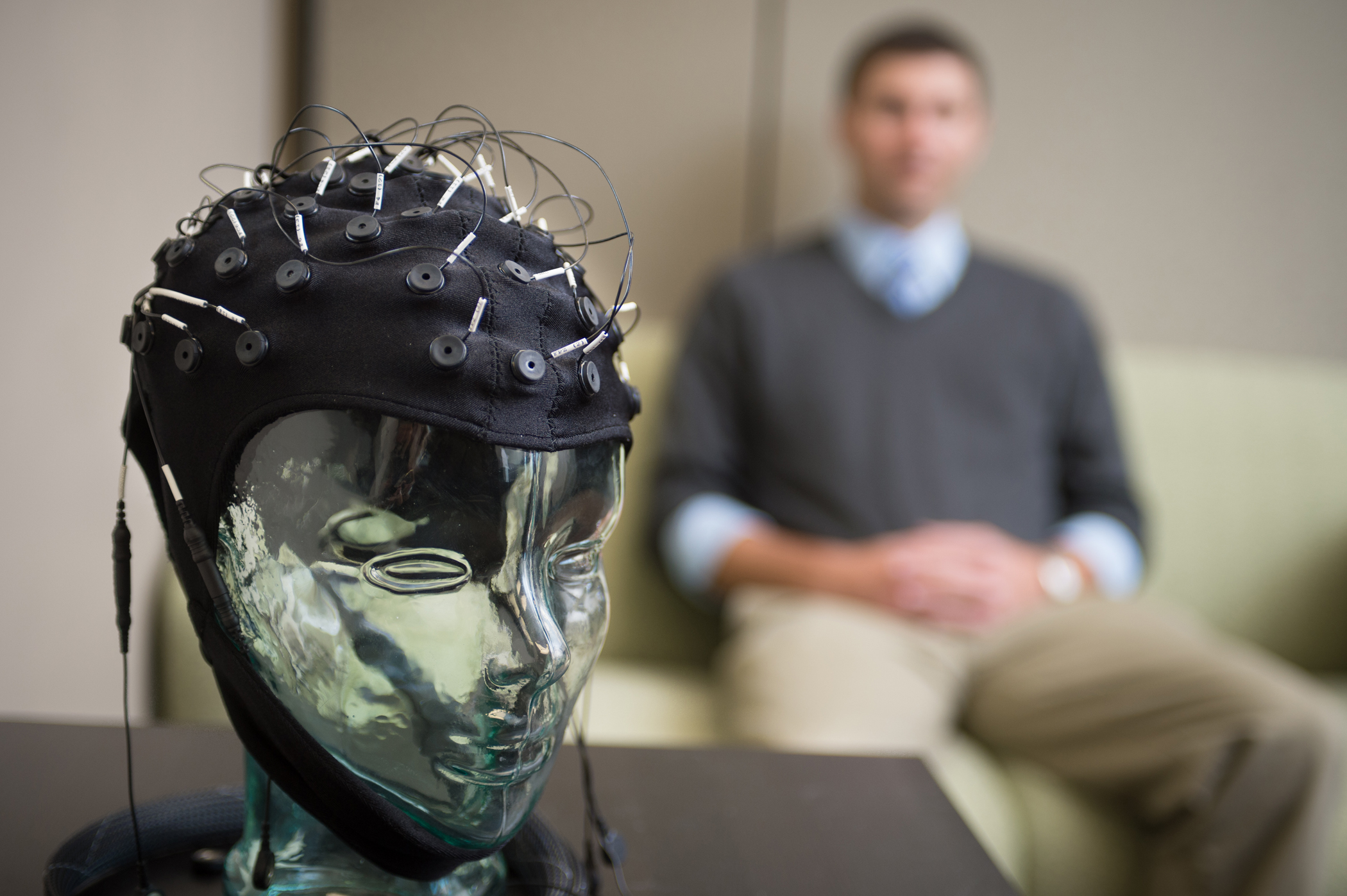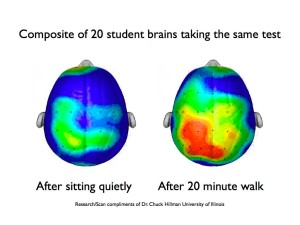
Most of us either exercise to stay physically fit or to prevent cancers and disease, but did you know that working out also improves mental health? “Exercise is the single best thing you can do for your brain in terms of mood, memory, and learning,” says Harvard Medical School psychiatrist John Ratey. “Even 10 minutes of activity changes your brain.” As if you needed another reason to stay active, here are five ways that fitness boosts your brainpower.

While we’re living in the prescription drug day in age, exercise is the most underutilized antidepressant in the world. Research shows that just 30 minutes of sweat inducing exercise can reduce symptoms of depression equally effective as antidepressants. Working out may actually stimulate the growth of neurons in the brain regions damaged by depression. Studies on animals have shown that being active boosts the production of brain molecules that improve connections between nerve cells. This process acts as a natural antidepressant.

Having a bad day? Just 30 minutes of aerobic activity like biking or running can increase levels of “soothing” brain chemicals like serotonin, dopamine, and norepinephrine. What’s most interesting is that regular exercise works on a cellular level which can reverse the roll stress has on aging, according to University of California study.

The mental health benefits of exercise extend to the way we see ourselves. It doesn’t take a complete body transformation to get a confidence boost from exercise. Studies indicate that just seeing fitness improvements, like completing a class that you couldn’t before or lifting more weight than you did a month ago, can improve both your self-esteem and body image.

Fitness increases the level of brain chemicals called growth factors. These chemicals help establish new connections between brain cells and make new brain cells to help us learn. Complex activities, like sports and dance, provide the biggest brain boost of all. “You’re challenging your brain even more when you have to think about coordination,” says Ratey. “Like muscles, you have to stress your brain cells to get them to grow.”

A study at the University of Bonn has confirmed that the “runner’s high” really does exist. The feeling of euphoria is most prevalent when engaging in intense exercise and is caused a release of endorphins. Ratey recommends high intensity interval training. Perform any exercise for intense shorts bursts followed by periods of active recovery. “You’ll feel really sparkly for the rest of the day,” he says.






Add comment